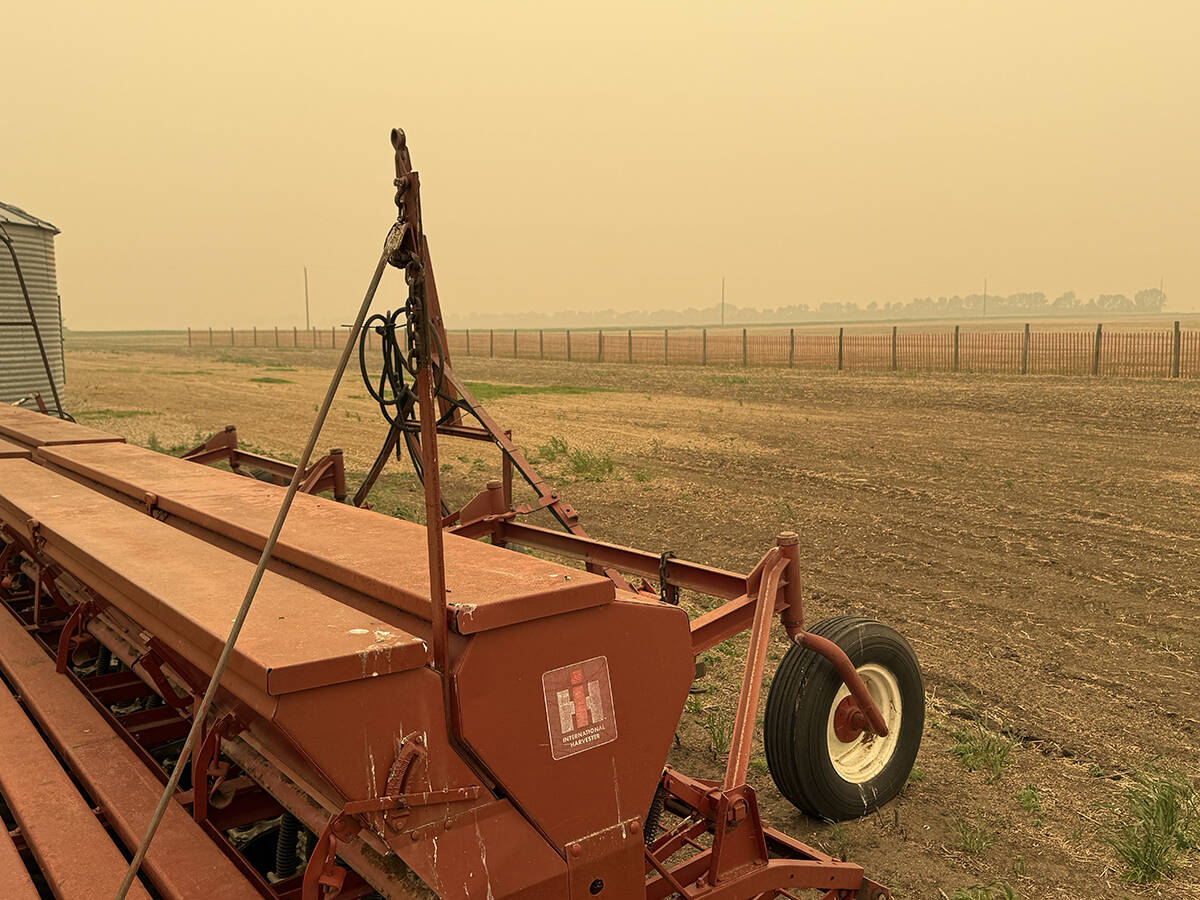While beef producers are getting together to plan and build more slaughter capacity, there is nothing proposed for the sheep industry, says the head of Saskatchewan’s Sheep Development Board.
“If they did they could hardly justify one by themselves,” said Colleen Sawyer, who added the only option would be to build a plant with other alternative livestock industries.
“We’re a weird industry. We’re too big to be disregarded, but too small to be important,” said Sawyer, who would still like to see more prairie slaughter capacity for sheep.
Read Also

Wildfires have unexpected upside this year
One farmer feels smoke from nearby wildfires shrouded the July skies and protected his crop from the sun’s burning rays, resulting in more seeds per pod and more pods per plant.
The American border is closed to Canadian life sheep and lambs because of the BSE issue. For prairie producers, that leaves the domestic market, which includes:
- Slaughter at home facilities, provincial plants or the only large federally inspected plant, Sunterra Foods at Innisfail, Alta.
- Shipment to Eastern Canada or a handful of larger western feedlots.
With no sheep offal allowed in rendering because of scrapie worries, Sawyer said few provincial plants want to handle sheep.
Maureen Duffy, head of the Alberta Sheep and Wool Commission, said increased slaughter capacity for sheep would be nice, but she hasn’t heard of plans to build a new plant in the province.
When producers phone the office asking about processing plants, she directs them to information on direct marketing off the farm.
For some Alberta sheep producers, the memory of the failed Alberta lamb processing plant Lambco 30 years ago is still too fresh to think about organizing another co-operative lamb processing plant.
The plant, started by the Alberta Sheep and Wool Commission, operated for only a few months before falling into financial difficulty. It went through a series of owners before being bought by Sunterra Foods.
Duffy said sheep producers would welcome more processing competition, especially with the American border closed to live Canadian lamb, but a new plant is unlikely in the near future.














